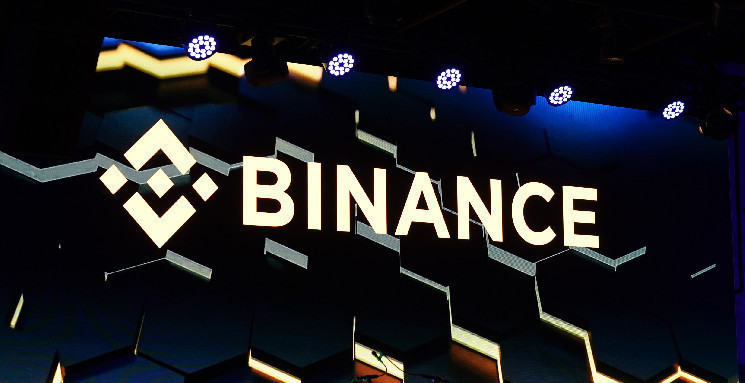A federal appeals court ruled last week that Binance needs to face a putative class-action lawsuit from a group of U.S.-based crypto investors who allege the exchange allowed them to buy and trade unregistered securities in the form of certain cryptocurrencies. The ruling doesn’t make a determination on whether the tokens are indeed securities or not, but it’s significant in broader securities cases nonetheless.
Appeals court ruling
The narrative
An appeals court revived a putative class-action lawsuit filed by a group of crypto investors against Binance last week, ruling that a district judge had erred in dismissing the case as being filed in the wrong jurisdiction and after the statute of limitations had expired.
Why it matters
Binance spent a few years claiming it was headquartered nowhere, an argument the appeals court judges did not find compelling. The judges ruled that domestic securities laws still apply to transactions on exchanges based outside the U.S., which will have far-reaching implications (for example: the U.S. Securities and Exchange Commission’s suit against the exchange). It’s also worth noting that this is an appeals court ruling, giving it greater weight (as a precedent) than a mere district court ruling.
Breaking it down
Last week, an appeals court ruled that a crypto exchange, even if it says it isn’t based in the U.S., may still be subject to U.S. laws if there’s enough of a connection to the U.S. In a putative class action lawsuit filed against global crypto exchange Binance, that nexus turned out to be just sufficient enough that a trio of judges found a group of crypto investors had enough standing to bring a lawsuit against the exchange.
There were two main aspects to the ruling. One addresses timeliness, while the other addresses extraterritoriality (a word I have, so far, been unable to pronounce).
Judges Pierre N. Leval, Denny Chin and Alison J. Nathan applied another court precedent, Morrison v. National Australia Bank, to say that the factors that matter are where the users placed the trades, where they paid for them and where they took on the terms of service – in the case of the plaintiffs in this suit, that’s within various U.S. states.
“First, Plaintiffs have adequately alleged that their claims involved domestic transactions because they became irrevocable within the United States and are therefore subject to our securities laws,” the judges said. “Second, Plaintiffs’ federal claims are timely insofar as they relate to transactions that occurred during the year before they filed suit because their federal claims all require a completed transaction and therefore could not have accrued before the transactions were made. Finally, we vacate as premature the district court’s conclusion that there was an insufficient nexus between the named Plaintiffs’ claims and the states whose laws govern the claims of putative absent class members.”
The fact that there is no non-U.S. jurisdiction for the plaintiffs to sue in also bolstered their case, the judges seemed to indicate. And the same arguments support the role of state law claims, the judges wrote.
“We conclude that, at this early stage of the litigation, Plaintiffs have plausibly alleged that matching occurred in the United States,” the ruling said.
Binance tried to argue that it was a decentralized exchange and therefore U.S. courts did not have jurisdiction. The judges did not agree. Further down, they added that the plaintiffs also made a compelling argument that the token orders were placed within the U.S. because of where Binance’s servers are.
“We conclude that the complaint plausibly alleges that matching occurred on ‘the infrastructure Binance relies on to operate its exchange,'” the ruling said – in this case, Amazon Web Services servers in California.
The judges also ruled that the plaintiffs had plausibly alleged that they filed the suit within the statute of limitations, which did not begin until they actually bought the tokens in question.
Attorneys with the SEC have already filed the ruling as supplemental authority in the regulator’s own case against Binance to dispute arguments Binance and founder Changpeng Zhao made to support their motion to dismiss.
“Binance and Zhao cited a district court’s dismissal of a private securities class action against them, Anderson v. Binance, in support of their dismissal arguments here,” the filing said, adding the opinion as an exhibit.
This week
Tuesday
10:00 UTC (10:00 a.m. GMT) Attorneys representing the Crypto Open Patent Alliance kicked off closing arguments in their case against Craig Wright.
Friday
The Department of Justice will file its own briefs on Sam Bankman-Fried’s sentencing.

